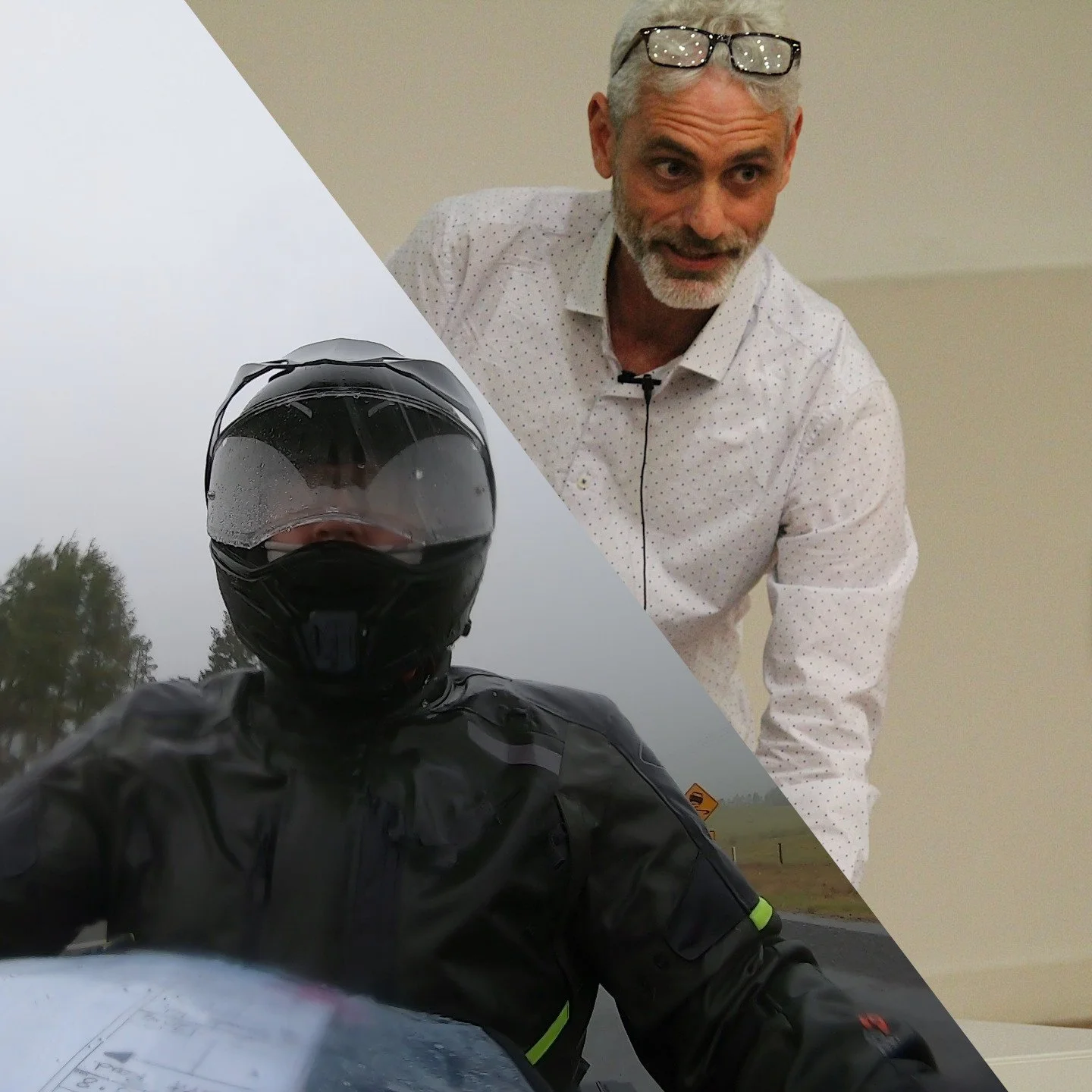For Kiwi PyCon 2025 we’re offering two workshop options, each running for a full day on Friday 21st November. This year, workshops can also be attended as a standalone event - separate from the main conference days.
Beginner-Friendly
Getting to know Python – A Carpentries Inspired Tutorial
Dr Angus Fisk, Dr Carl Cerecke & Dr Roman Klapaukh
-
This workshop will use the Software Carpentries Programming with Python tutorial. During this workshop we will start by learning the fundamentals of Python and coding in general, such as variable assignment and working with different types of data. This will lead to a discussion on how to evaluate and visualise tabular data.
-
This workshop is suitable for people who are new to programming.
This lesson is designed to be run on a personal computer. All of the software and data used in this lesson are freely available online, and instructions on how to obtain them are provided below. In this lesson, we will be using Python 3 with some of its most popular scientific libraries.
-
Angus Fisk has a DPhil in Neuroscience, where he specialised in analysing sleep and circadian rhythms using EEG and behavioural data. His research involved building sensors, developing reproducible pipelines, and modelling complex daily rhythms. He now works as a data science trainer at the Sydney Informatics Hub, helping researchers build skills to be effective with modern tools including AI. He enjoys making complicated tools accessible and understandable, bringing data analysis pipelines into the future.
Carl is a research software engineer with the Bioeconomy Science Institute where he spends his days writing Python code to help scientists do science. He has spent his career bouncing between industry as a software developer and academia as a lecturer/tutor. His programming journey began 40yrs ago teaching himself BASIC on the Commodore 64, and he started programming Python around the turn of the millennium.
Roman Klapaukh has used Python for a range of tasks including archiving databases, developing a digital twin platform, and machine learning. Moving between industry and academia he has tried his hand at a variety of problems, messes, and puzzles finding the common threads that run between.
Pythonista
MicroPython IoT Development Workshop
Dr Glenn Ramsey & William Hamilton
-
Explore MicroPython on an ESP32 microcontroller for Internet of Things applications. Learn how to use sensors and timers to collect data and deliver it to a collection service via a WiFi connection. The opening short lecture will describe the capabilities of the hardware, then we're into hands-on projects demonstrating common applications for this and similar low-cost hardware, individually or in groups. The afternoon session will feature more-advanced projects.
Did you attend last year? The program will be largely similar. You are invited to work-through the advanced programme and/or on your own project; or assist others.
-
You will be comfortable with Python flow control, writing custom-functions, and utilising built-in data-structures.
Bring a laptop with a USB-A port. The microcontroller board has a USB-C connector and a USB-A to USB-C cable will be provided.
-
Dr Glenn Ramsey is an experienced Python practitioner and software engineer. He has been involved with Kiwi Pycon since its second year and has presented on diverse Python related topics including multithreaded GUIs, design patterns, using MicroPython on a microcontroller and plain text accounting. In his professional career he works mainly in C++ and Python on desktop, mobile, server, embedded and engineering modelling software projects and has an interest in control systems, instrumentation and data collection. His personal interests include energy systems, 4WD offroad driving and dirt bike trail riding.
William Hamilton started his tech journey back in the 1990s, when dial-up was king, floppy disks were still floppy and Python was mostly zoological. Back then, he wrangled web apps with Zope and Plone before escaping into programme management, getting his hands greasy as a mechanic, and mastering two decades of advanced-level parenting. Now "joyfully" back in the tech world, William is diving into Python—and its micro cousin—rediscovering the fun of solving problems with code (and blinking LEDs).



